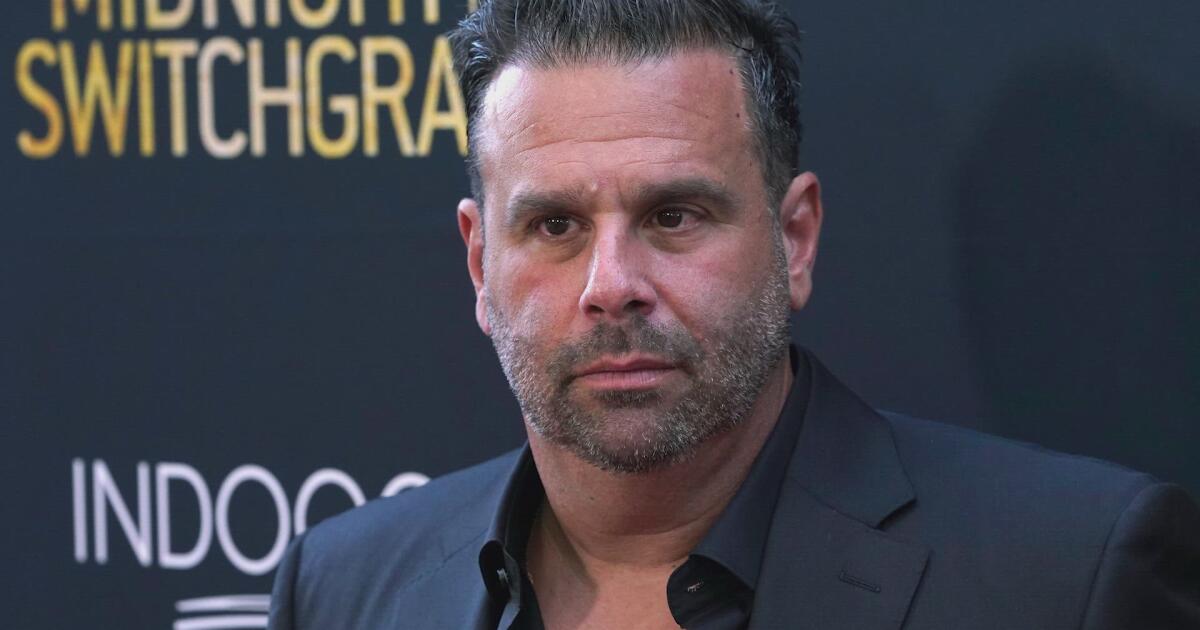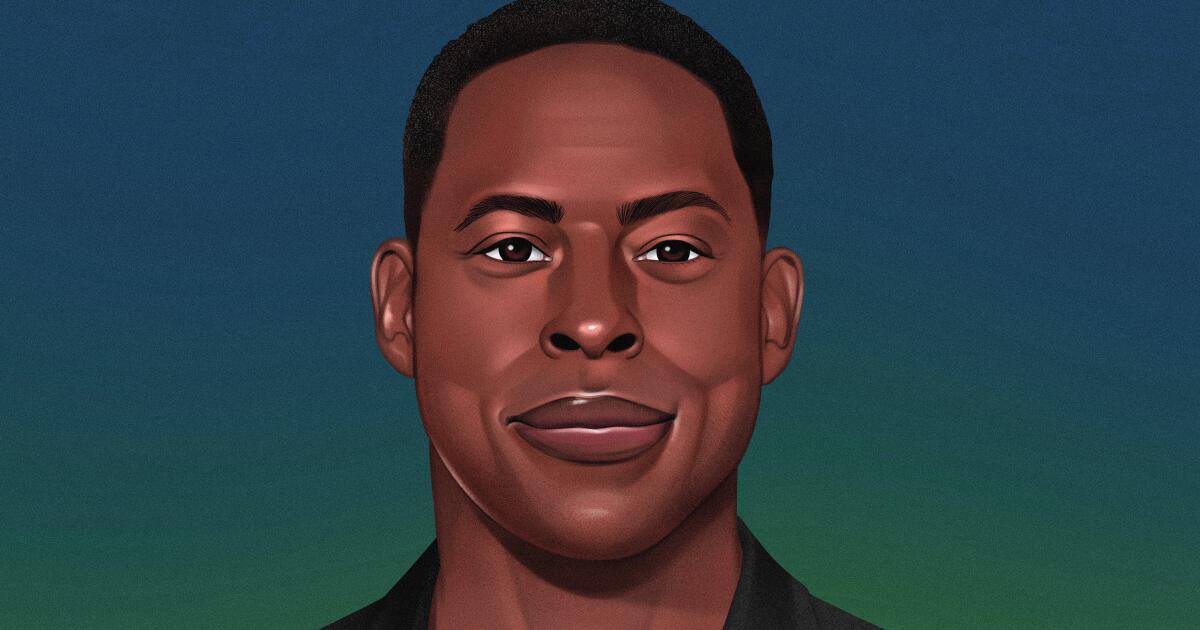Randall Emmett pays long-standing WGA debt amid Scorsese project
The Writers Guild of America West has removed Randall Emmett from its “strike list” after the film producer paid $630,000 to resolve a judgment in a long-standing dispute over unpaid compensation.
The resolution comes more than five years after Emmett’s former production firm, Emmett/Furla Oasis, failed to pay health insurance benefits and other compensation to four writers on a proposed Arnold Schwarzenegger television show, “Pump,” that collapsed in 2019 when the action star bowed out.
“This was originally a financial obligation tied to former companies,” Emmett said in a statement. “However, I made the personal decision to take it on independently because it was simply the right thing to do.”
For the record:
9:03 p.m. June 30, 2025An earlier version of this article said WGA writers can now work with Emmett. The guild said writers are not supposed to be employed by him until he becomes a signatory to its contract with producers.
The WGA confirmed Monday that Emmett had been taken off its strike list after nearly five years, a penalty due to his former firm’s lingering debt. But a WGA representative said members should still refrain from working with him unless he becomes a signatory to the guild’s contract with producers.
Emmett/Furla Oasis has been defunct for years. His current production firm, Convergence Entertainment Group, is trying to mount a film project in collaboration with Oscar-winning director Martin Scorsese. The filmmakers hope to bring to the screen “Wall of White,” a story of a deadly 1982 avalanche near Lake Tahoe.
However, in March, the WGA warned its members to stay clear of the project, citing the unpaid debt. The WGA’s high-profile advisory clouded Emmett’s endeavors.
Emmett was the subject of a 2022 Times investigation and subsequent Hulu documentary that surfaced allegations of mistreatment of women, assistants and business partners, which he has denied.
Emmett has continued to crank out low-budget films, primarily starring John Travolta and Sylvester Stallone.
Last year, Emmett attempted to fly under the radar by using the moniker “Ives,” which is his middle name.
Emmett ran afoul of union rules in 2019 after hiring four guild writers to develop scripts for a TV series loosely based on Schwarzenegger’s early years in California.
Writers of the project previously told The Times they wanted “Pump” to be a love letter to Venice Beach in the early 1970s and the birth of the modern bodybuilding culture.
At the time, Emmett’s firm was burning through cash, according to internal documents previously viewed by The Times. The writers were also brought on board before Schwarzenegger committed to the project.
The WGA won a $541,464 judgment against Emmett/Furla Oasis in 2021 after it filed a claim on behalf of writers. The debt swelled with interest.
The “Wall of White” project draws on a 2010 book as well as a 2021 documentary, “Buried: The 1982 Alpine Meadows Avalanche.” After a heavy spring storm in Northern California in 1982, tons of snow rushed down a mountain and into a village, trapping eight people at a ski resort. Seven died, and rescuers pulled one woman from the wreckage.
Screenwriter Petter Skavlan, a WGA member, was attached to the film, according to IMDb.
Book author Jennifer Woodlief also has been listed as a screenwriter.
Emmett has been working on the project for more than a year. He introduced the Netflix documentary to Scorsese, according to a March article in the Tahoe Guide, which touted how the local tragedy was being adapted into a feature film.
The filmmakers are searching for a director.
“We expect to finalize an A-list director by this summer in preparation for a February 1st production start,” Emmett said.
The project is expected to film in Nevada, Ohio and Canada, he said.



